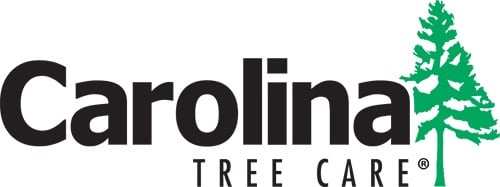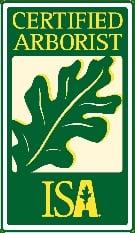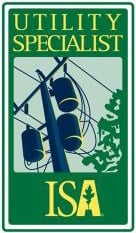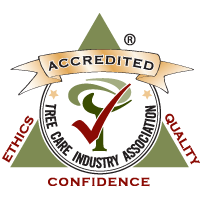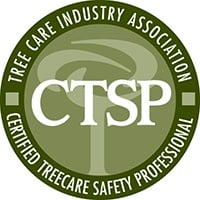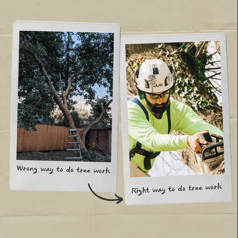 For the “do-it-yourself” homeowner, outsourcing tree work may seem like an unnecessary expense. But in reality, the costs of tackling tree care on your own can run high – damaged property, hospital bills, and a ruined landscape aren’t cheap.
For the “do-it-yourself” homeowner, outsourcing tree work may seem like an unnecessary expense. But in reality, the costs of tackling tree care on your own can run high – damaged property, hospital bills, and a ruined landscape aren’t cheap.
“Most homeowners simply don’t have the tools, knowledge or experience necessary to safely attempt tree work,” says Tchukki Andersen, BCMA, CTSP* and staff arborist with the Tree Care Industry Association (TCIA). “We hear many unfortunate stories each year of homeowners getting severely injured or killed while attempting this dangerous, and often misunderstood, work on their own.”
Top 3 Reasons Homeowners Should Leave Tree Work to the Professionals:
1. Lack of Knowledge and Training
Safe tree work requires extensive knowledge of tree physics and biology, which can take years of experience and study to acquire.
For example, felling a tree in a controlled manner is not as simple as cutting through the trunk with a chain saw. It requires establishing a drop zone, making precise cuts, and sometimes guiding the tree safely to the ground with ropes as leverage. When homeowners attempt this, many are injured or killed when the tree falls in an unexpected direction.
Up-ended root plates or root balls are also unpredictable. Severing the trunk of a fallen tree from an up-ended root plate releases tension, which may be strong enough to pull the stump and root ball back into the hole, trapping anything or anyone nearby underneath it.
Other hazards may be invisible to the untrained eye: rotten trunks and limbs, pest and fungal infestations, and other diseases and defects that can only be identified and treated by an experienced tree-care practitioner.
2. Poor Situational Awareness
Even homeowners who know their way around trees may still fall victim to nearby hazards.
Electrical wires are a common situational hazard in tree work; many trees grow near power lines and have their branches, leaves, and limbs entangled in live wires. Each year, amateur tree workers are seriously injured or killed when they come into contact with an energized line, directly or indirectly, through tools or tree limbs. Navigating this danger is tricky, even for professionals, and should never be attempted by homeowners under any circumstances.
Attempting do-it-yourself tree work is bad enough, but some homeowners go one step further and try to finish the job alone, which further impairs situational awareness. If you do try to do any of the work, always make sure at least one other person is working with you. Even trained professionals work in teams!
3. Improper Use of Tools
Homeowners who use incorrect, faulty, or complicated tools may hurt themselves and others while attempting tree work.
Chain saws, for example, are incredibly dangerous and easy to misuse. A common mistake is to use a dull chain, which forces the operator to use excess pressure, causing them to lose control of the saw. Many homeowners also make the mistake of using the chain saw to cut branches on the ground. This can result in chain saw kickback – and injuries – when the bar tip hits the dirt or other foliage.
Misused ladders are another common source of injury. Using a ladder that is too short, set on unstable ground, or supported by a faulty limb can easily result in the homeowner falling – often fatally – from the tree. Ladders often are knocked out from under the homeowner by the same limb that was just cut.
Tree work may also require tools the average homeowner does not own. Stump grinders, wood chippers, and aerial lifts are just a few examples of complex and often necessary machines that only a trained arborist can handle.
Let us take the D.I.Y. tree work off your hands!
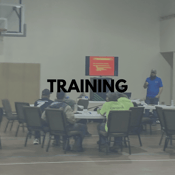
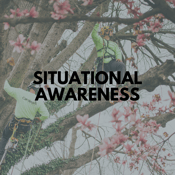
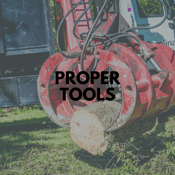
Here to Help
A professional arborist can assess your landscape and work with you to determine what work you can do and what work should be left for a professional. Here at Carolina Tree Care, we offer two options to meet with an arborist representative. We offer a free estimate or paid consultation. A free estimate is available for site visits made within The Carolina Tree Care service area of Charlotte, Concord, Greensboro, and Raleigh. A paid consultation is available to individuals who desire more site time and/or more extensive professional services.
